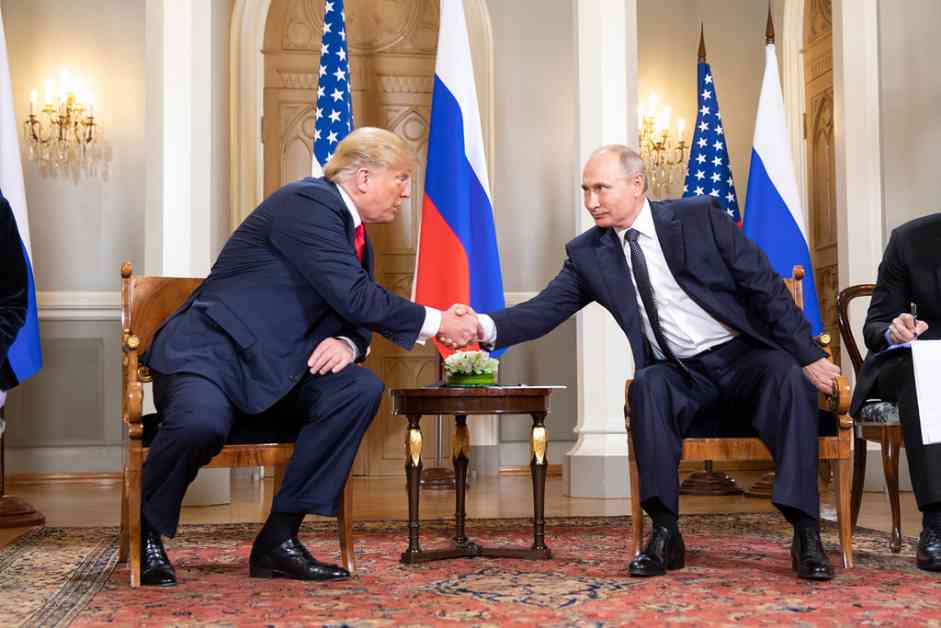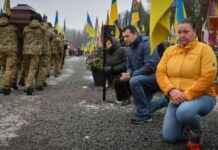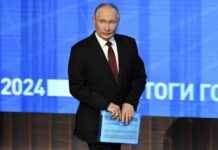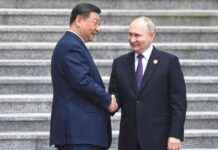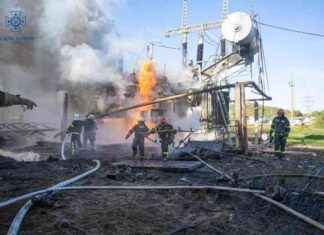Biden’s Suggested Delay in Ukraine’s NATO Membership: A Key Revelation
Russian President Vladimir Putin’s unyielding stance on Ukraine’s surrender has sparked global concern and speculation. Amidst escalating tensions, Putin reiterated his demands for Ukraine’s full capitulation during a recent Russian Security Council meeting, signaling a firm stance on the matter.
Trump’s Inauguration and Shifting Timelines
The timing of Putin’s statements, coinciding with US President Trump’s inauguration on 20 January, raises questions about the potential impact of the new administration on peace negotiations. Trump’s promises to end the Russia-Ukraine war within various timelines, from 24 hours to 100 days, add complexity to the situation.
Expert Insights on Putin’s Demands and Root Causes
Insights from the Institute for the Study of War (ISW) shed light on the underlying motivations behind Putin’s demands. Putin’s insistence on addressing the alleged root causes of Russia’s invasion of Ukraine, including NATO’s expansion and discrimination against ethnic Russians, underscores the complexity of the conflict.
Implications of Biden’s Proposal and Potential Peace Talks
Former US President Joe Biden’s suggestion to postpone Ukraine’s NATO membership by 10 to 15 years, as revealed by ISW, challenges conventional narratives surrounding Putin’s motivations. This revelation, coupled with calls for maximum pressure preceding peace talks with Russia, highlights the delicate balance required for sustainable peace in the region.
As the international community grapples with Putin’s unwavering demands and the complexities of the Russia-Ukraine conflict, it becomes increasingly clear that a nuanced approach is necessary to navigate this geopolitical minefield. The implications of Biden’s proposal and the shifting timelines surrounding Trump’s inauguration underscore the intricate web of factors influencing peace negotiations.
In this turbulent landscape, one thing remains certain: the path to lasting peace in Ukraine will require bold leadership, diplomatic finesse, and a deep understanding of the historical, cultural, and political dynamics at play. As world leaders navigate this intricate terrain, the stakes have never been higher, and the need for a sustainable resolution has never been more urgent.
